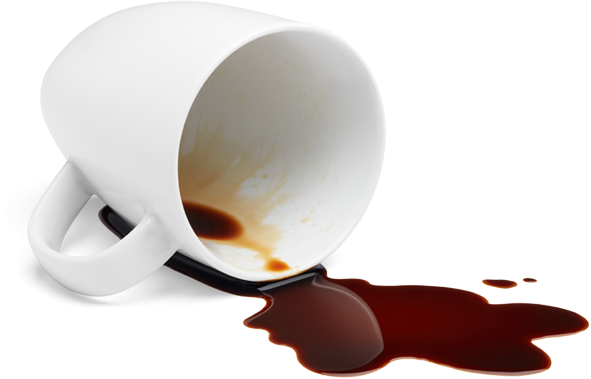Access Denied
The content you are trying to access has been removed or does not exist.
While we clean up this mess click here to be redirected to our homepage.

The content you are trying to access has been removed or does not exist.
While we clean up this mess click here to be redirected to our homepage.
